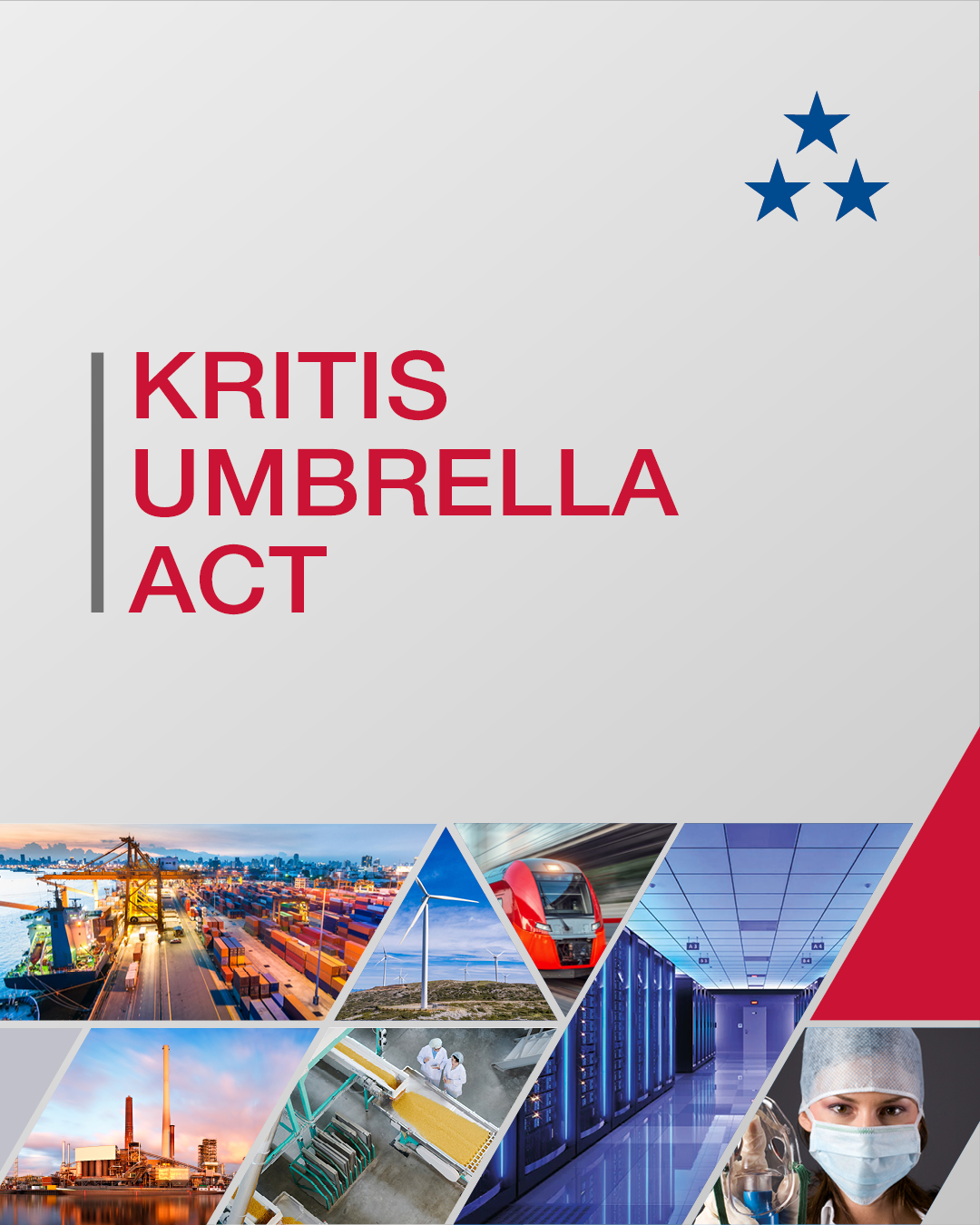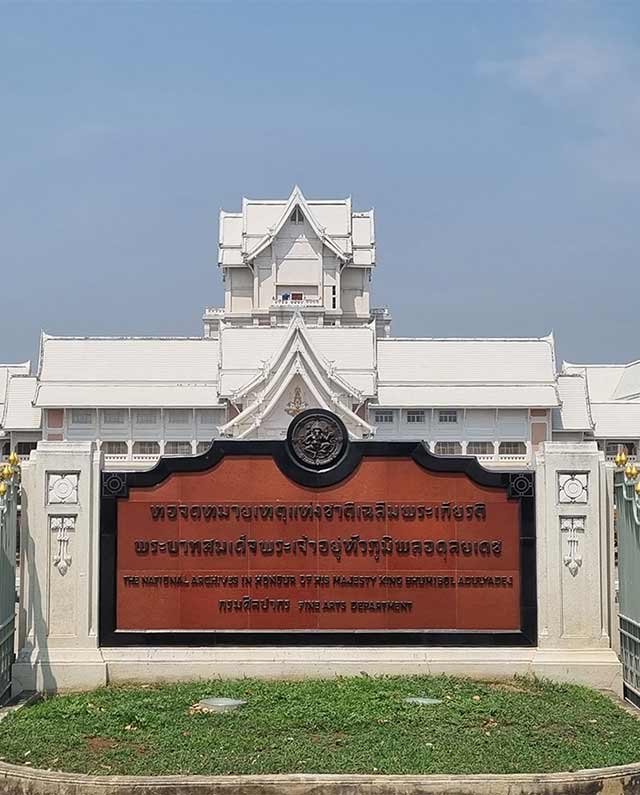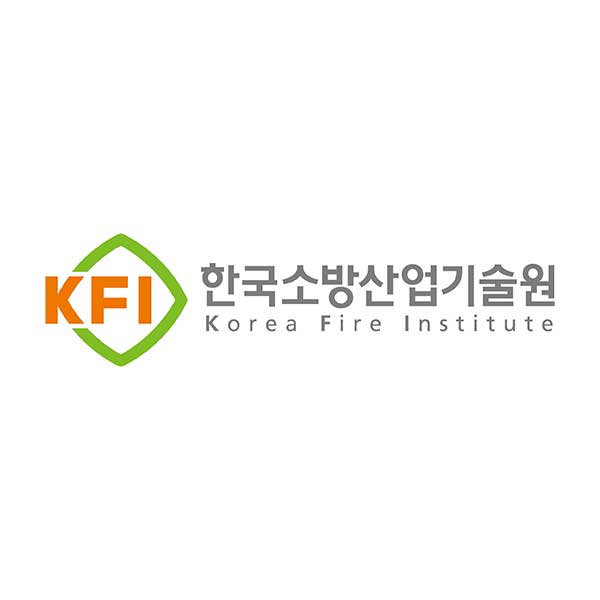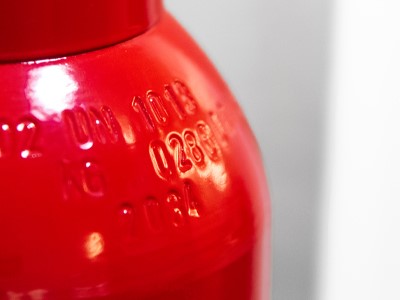AS5062 Australian certificate is a dedicated to protect mobile and transportable equipment. It is requested by the Australian Heavy-Duty Mobile Equipment (HDME) market mainly within the areas of mining, cargo, construction, forestry, waste and agricultural handling equipment.
Certifications
Rotarex Firetec fire suppression systems are certified by one or more of the following standards: FM 5600, UL 2166, LPS 1223, SPCR 183.
Each product certification is clearly indicated.
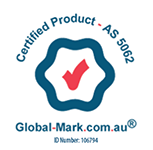 Certified Product - AS 5062
Certified Product - AS 5062 Eurofins FA 127
Eurofins FA 127Finland Finance (FA) FA 127:16 is one of the most recognized certifications for any off-road vehicle protection system, and is mandatory for forest and construction vehicles operating in Finland.
This certification is based on safety guidance published by FA. Among other things, guidance includes design and installation instructions, as well as a description of a full-scale fire test for heavy-duty vehicle engine compartment extinguishing systems using testing methods similar to Sweden's SBF 127 protocols.
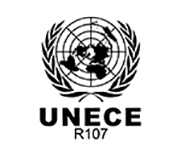 UNECE
UNECERegulation No 107 of the Economic Commission for Europe of the United Nations (UNECE) — Uniform provisions concerning the approval of category M2 or M3 vehicles with regard to their general construction. It serves to improve fire safety in buses and coaches and is mandatory in 37 countries requiring a fire suppression system to be installed fixed by the vehicle manufacturer.
R 107 applies to vehicles exceeding 22 passengers
- Class I (standing passengers)
- Class II (city buses)
- Class III (seated passengers in buses & coaches)
 UL
ULUnderwriters Laboratories Inc. (UL) is an independent, non profit organization that writes testing standards and tests products for safety and certifies them. UL has dedicated Fire Equipment Services, which evaluate a variety of equipment for compliance with the requirements of the appropriate National Fire Protection Association (NFPA) standards, and is considered the most comprehensive fire equipment evaluator in the industry. UL is an international recognized organization, providing quick access to world markets and participating in most certification programs for Europe, Asia, North America and South America.
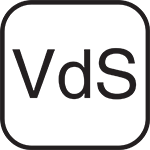 VdS
VdSThe approval procedure VdS 2344 is primarily offered for products (components, equipment and systems) in the areas of fire protection and safety technology. VdS is accredited by the Deutsche Akkreditierungsstelle Technik (DATech) according to DIN EN ISO/IEC 17025 for the testing of products and according to DIN EN 45011 for the certification of products. Vds is said to be one of the most demanding organizations in Europe (notably in fire safety).
All system components which are coordinated with each other for smooth functioning within a system must be VdS-recognized: As a rule, the approval procedure consists of a test by the VdS laboratories (so-called type test) and a certification by the VdS certification procedure consists of a test by the VdS laboratories (so-called type test) and a certification by the VdS certification office.
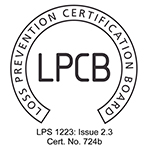 LPCB
LPCBThe Loss Prevention Certification Board (LPCB) is an international Certification Body based in the UK, specialized in the fields of security and fire protection.
The LPCB approval process involves assessment and testing of products to ensure that they meet quality. Approval of products is usually based on testing undertaken by LPCB’s testing laboratories. This approval is maintained by regular audits to ensure that the product continues to meet the approval criteria.
Once LPCB is satisfied that a product, service or company meets the necessary standards, it issues a certificate and list them in the ‘Red Book’ which is available free of charge to specifiers and other users throughout the world. The Red Book is an essential reference for specifiers, regulators, designers and end users of fire and security products and services:
Specifiers selecting LPCB approved products reduce fire safety and security risks and demonstrate due diligence (the use of approved products is encouraged by insurers). They also avoid wasting money on purchasing inappropriate equipment, and save time spent on searching for and assessing products and services.
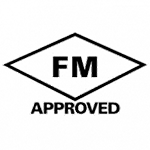 FM Approvals
FM ApprovalsFM Global is an American mutual insurance company, with offices worldwide, that specializes in loss prevention services primarily to large corporations throughout the world in the Highly Protected Risk (HPR) property insurance market sector. FM Global offers worldwide industrial and commercial product certification and testing services through FM Approvals. Products certified by FM Approvals are listed in the approval guide, an annual publication, signifying that they have been successfully examined by FM Approvals according to recognized standards on parameters of performance, marking, manufacturing facilities, and quality assurance procedures.
End users who specify FM-approved equipment are considered to have done a proper “due-diligence”, and some insurance companies reduce insurance premiums for clients who install FM-approved equipment.
 RI.SE
RI.SERISE- Swedish Research Institute is an international research institute that has emerged as a world thought-leader in vehicle fire suppression standards. SP investigates and tests the behaviour of materials and products in fires, as well as extinguishants and fire-fighting equipment.
In 2013, SP created stringent new standards and test protocols for bus engine fire suppression systems called the SPCR 183 which is currently before the UNECE for consideration for worldwide adoption. Many insurance companies are already beginning to require bus operators to install SPCR 183 and SP-approved systems in buses – in advance of the pending legislation.
Their testing protocols seek to duplicate real-world bus operating conditions and are considered one of the most difficult standards to pass. They go beyond other standards to test corrosion and vibration resistance as well as extinguishing performance in turbulent airflow conditions. The intent is to provide bus operators a method of evaluating the performance of different systems on the market and to know which systems are truly fit-for-purpose. KGS – Korean Gas Safety Corporation
KGS – Korean Gas Safety CorporationThe Korea Gas Safety Corporation (KGS), a governmental inspection body, under the control of the Ministry of Commerce, Industry and Energy (MOCIE) regulates the manufacture and sale of pressurized gas equipment – generally following ASME (American Society of Mechanical Engineers) specifications – but with the further requirement of an Manufacturer's Approval (license) issued by the Ministry of Commerce, Industry and Energy (MOCIE).
The role of KGS, whose existence and functions derive from the 3 Gas Laws such as the High Pressure Gas Safety Management Law, the LP Gas safety and Business Management Law, and the City Gas Business Law, is responsible for drawing up the draft of the above 3 Gas Laws for enactment or revision.
 Pressure Equipment Directive
Pressure Equipment DirectiveThe Pressure Equipment Directive 97/23/EC (PED) of the EU sets out the standards for the design and fabrication of pressure equipment ("pressure equipment" means steam boilers, pressure vessels, piping, safety valves and other components and assemblies subject to pressure loading) generally over one liter in volume and having a maximum pressure more than 0.5 bar gauge. It also sets the administrative procedures requirements for the "conformity assessment" of pressure equipment, for the free placing on the European market without local legislative barriers. It has been mandatory throughout the EU since 30 May 2002. This is enacted in the UK as the Pressure Equipment Regulations (PER).
Any product bearing the CE mark has been tested and validated by an independent laboratory to be compliant with the Directive standards, and that the product is “fit-for-purpose.” ATEX
ATEXAreas classified into ATEX (Atmosphere Explosive) zones must be protected from sources of ignition. Equipment and protective systems intended to be used in zoned areas should be selected to meet the requirements of the Equipment and Protective Systems Intended for Use in Potentially Explosive Atmospheres.
 Transportable Pressure Equipment Directive
Transportable Pressure Equipment DirectiveDirective 1999/36/EC, the Transportable Pressure Equipment Directive, also known as the TPED is one of a series of measures implementing ADR - the European agreement on the International Carriage of Dangerous Goods. No pressurized vessel may be transported within the EU unless it bears the the π-mark signifying that it has been tested and validated by independent laboratories to be compliant with the stringent TPED Directive.
 Department of Transportation
Department of TransportationAny compressed gas vessel being transported in the USA must comply with Federal Directive 49 CFR 173.301 – regulated by the U.S. Department of Transportation (DOT). Regulations require that hazardous materials which meet the definintion of a compressed gas be shipped in containers which comply with certain design specifications and performance requirements, and that, in most cases, the containers be equipped with prescribed pressure relief devices. Compressed gas equipment must be clearly marked with DOT signifying compliance with the DOT regulations.

